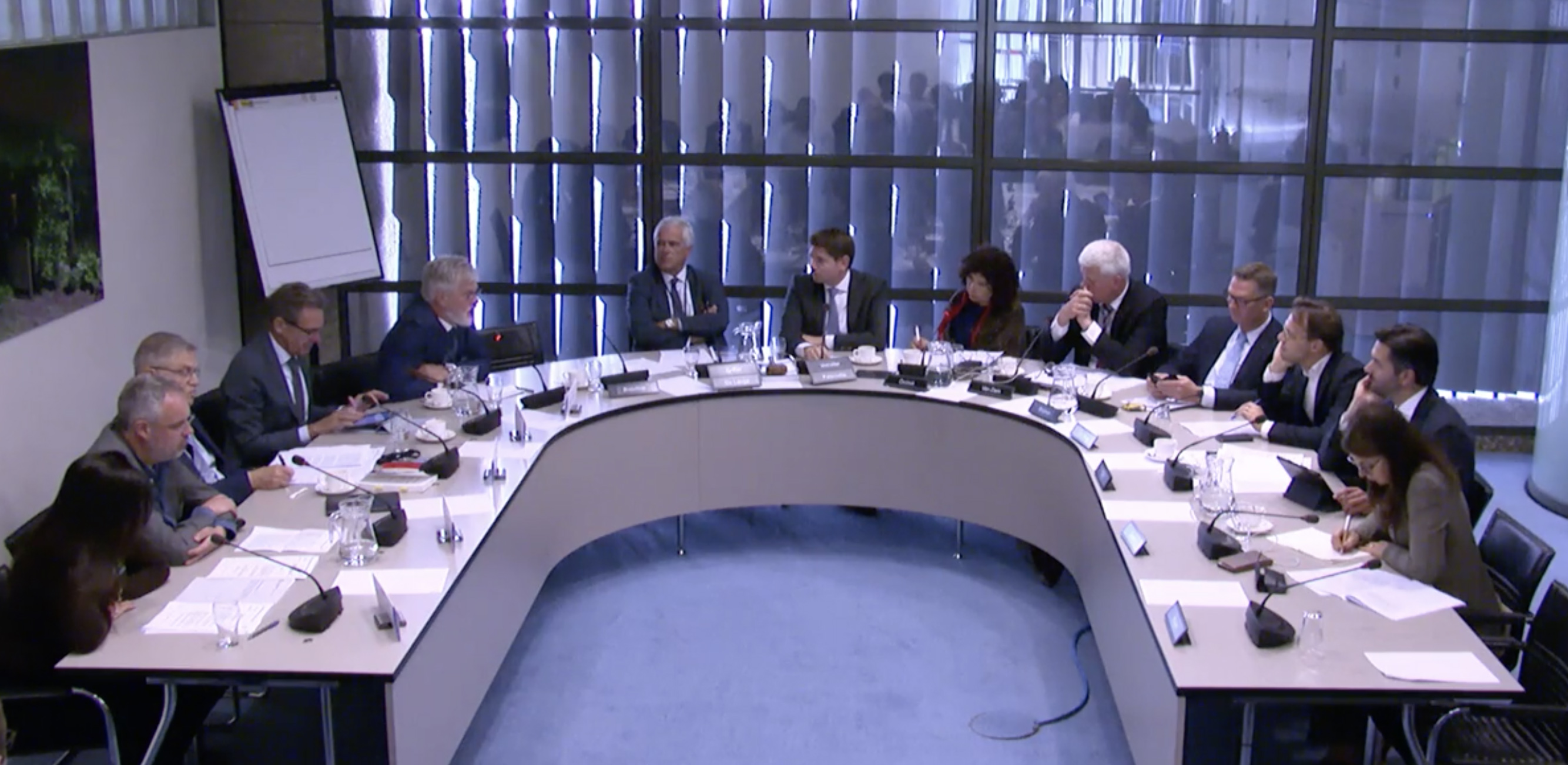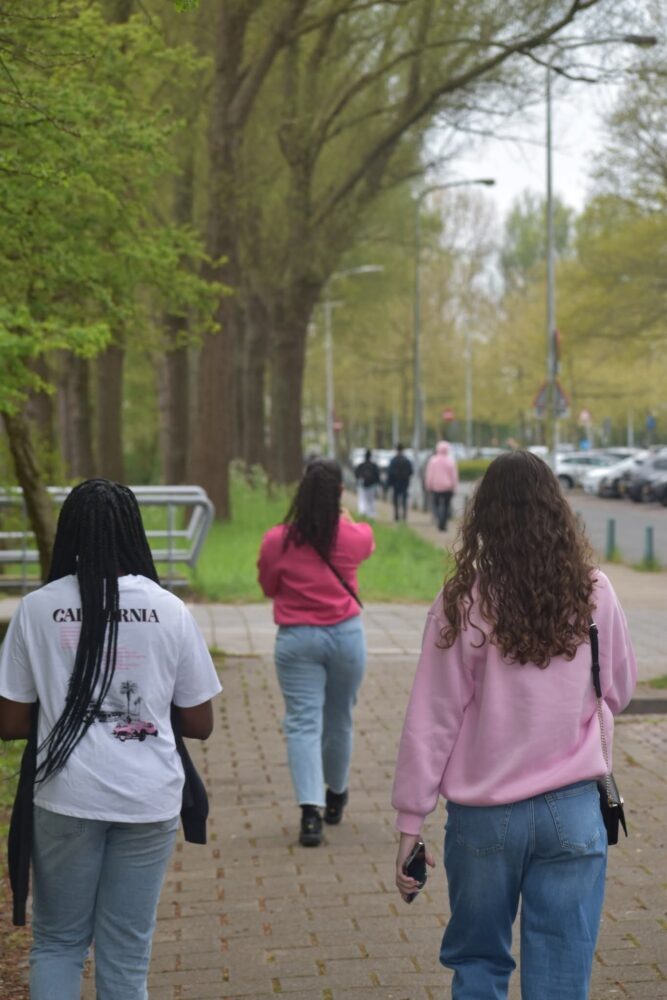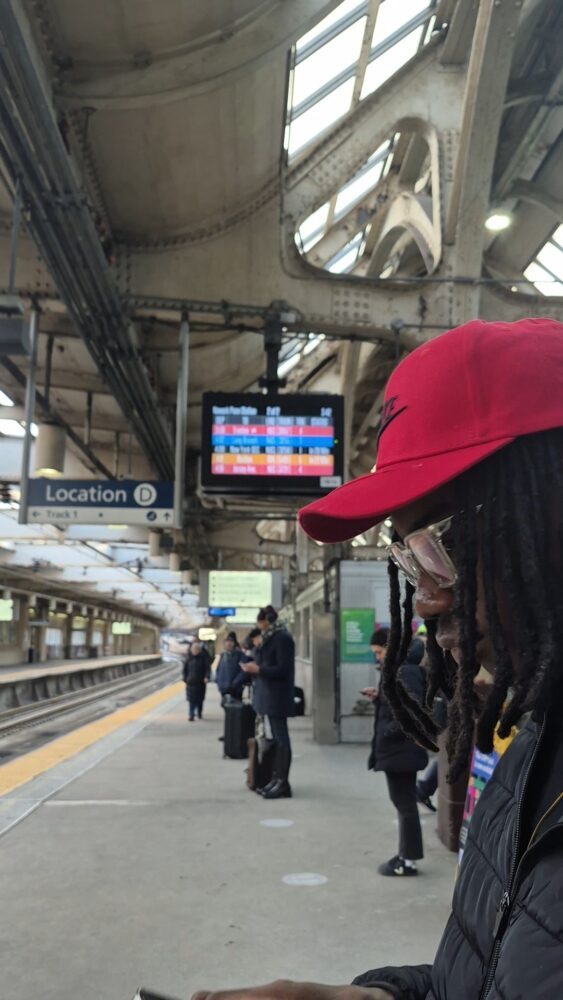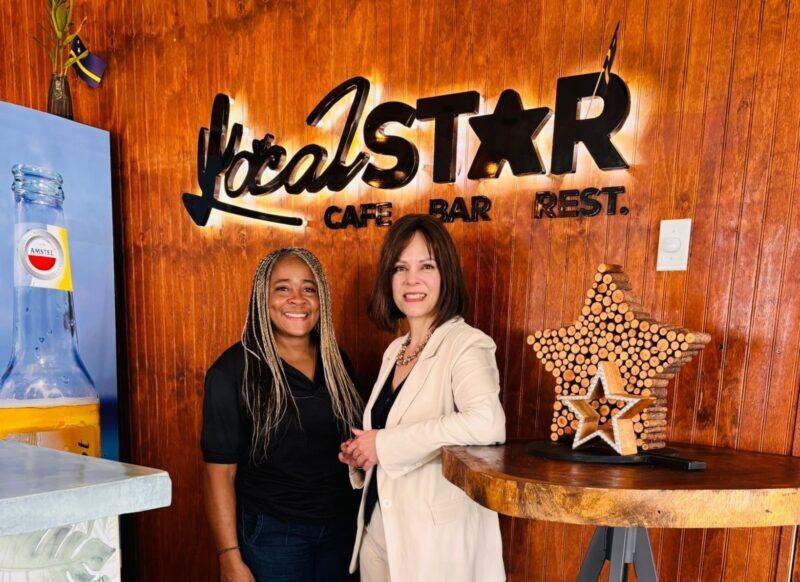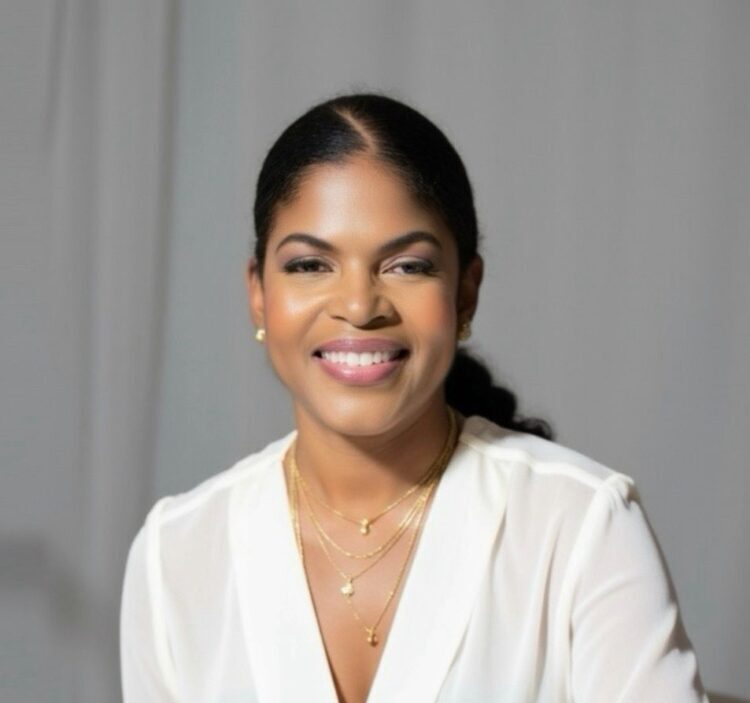The Hague – The Dutch government made a ‘false start’ with a resolution to solve disputes with the islands in the future. Experts advised the Dutch government on Wednesday during a public hearing to start re-writing the law.
Who has oversight over the Council of Ministers of the Kingdom (Rijksministerraad) when they make an important decision regarding the islands? The Dutch government doesn’t want a sort of independent judge who can do that, while this was agreed upon since 2010.
‘Unacceptable’
To summarize: “We have a disagreement and you can then decide that the disagreement doesn’t exist. That is unacceptable”, explains Anthony Begina, the minister plenipotentiary for Curaçao, to the members of the House of Representatives. His colleagues from Aruba and Sint Maarten agree with him.
On Wednesday the scientists explained to representatives that intervention by an independent judge would help improve the relationship with the islands and improve democracy in general. Legal expert Arjen van Rijn believes that the interventions from the Hague are ‘questionable’. Objections on the part of the islands have been ‘overruled a few times’.
Former minister and professor Ernst Hirsch Ballin has joined the group of legal experts who have criticized the plans. Hirsch Ballin takes it one step further in his choice of words and says that: the Dutch government ‘made a false start’.
The hearing was a pre-cursor to a debate with the State Secretary that is to be held in July. Currently only the VVD supports the plans of the State Secretary. “Maybe we should just start here. This is never going to be perfect”, according to representative André Bosman.
Summary: what the islands wish to achieve
|
New or amended resolution?
Formally the Netherlands can force this Kingdom Act upon the islands if the House of Representatives – despite warnings from the islands and experts – passes Knops’ resolution.
During the last few months Caribbean representatives have lobbied Dutch representatives hard. In a reaction the Speakers of the House of both Aruba and Curaçao have said that they have a ‘feeling’ that it will all end well.
“Firstly we hope that the State Secretary sees the flaws in his resolution and amends it. Otherwise we [the islands, ed.] will propose our own amendment”, says Speaker of the House William Millerson (PAR) from Curaçao. “The islands deserve justice. A lot of members of the House of Representatives agree with that.”
“It’s up to the members of the Dutch House of Representatives to determine if they will remain consistent as they have over the past years”, says Ady Thijsen, the Speaker of the House for Aruba. “The moment of truth will be in July. The Netherlands will be presenting a new interpretation of the Charter, which says that we’re all equal. Prove it.”
| Hearing on the Kingdom Act for Dispute Resolution Dutch Representatives speaking to scientists and Ministers Plenipotentiaries from Aruba, Curaçao, and Sint Maarten. Watch a recording of the hearing in the House of Representatives (Dutch). |




